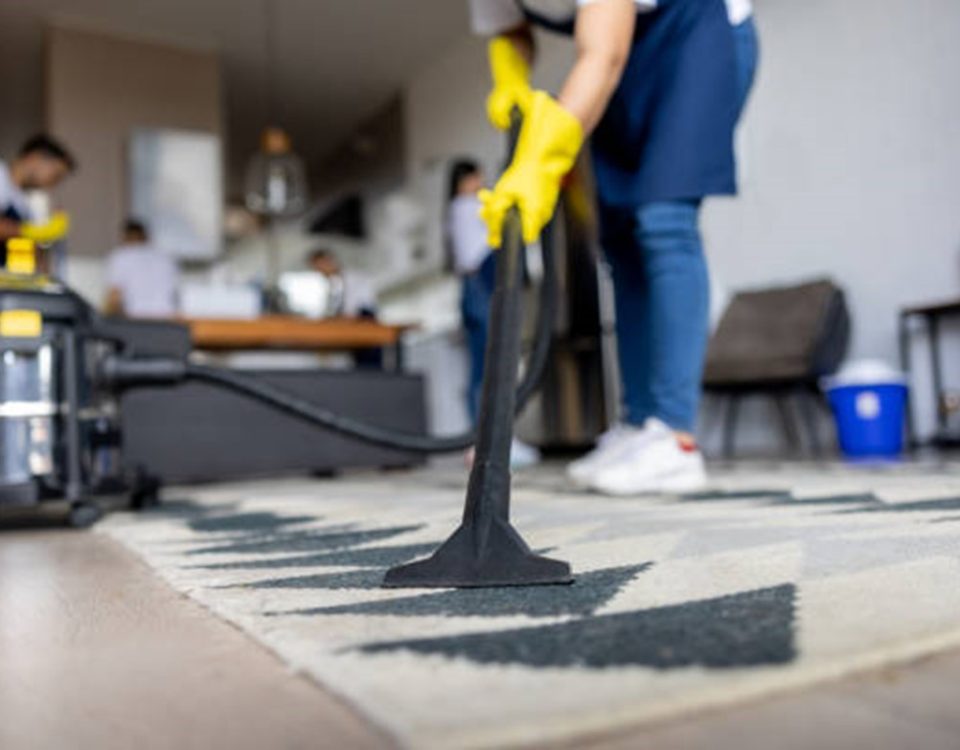- Hyderally & Associates P.C | Employment Lawyers NJ, NY
- (973) 509-8500
- tyh@employmentlit.com
Nursing Mothers Are Now Protected In the Workplace Under New Jersey Law!
Sexual Harassment in the Workplace: How do New Jersey Laws Protect You?
December 4, 2017New York City Places Heavier Burden on Employers to Discuss Reasonable Accommodations with Employees
January 26, 2018Nursing Mothers Are Now Protected In the Workplace Under New Jersey Law!
January 18, 2018
Lía Fiol-Matta, Esq. and Ty Hyderally, Esq.
Firing or discriminating against women who breastfeed or express breast milk at work is now prohibited under state law which was signed by former Gov. Chris Christie on January 8, 2018. Breastfeeding is now protected under New Jersey’s Law Against Discrimination (LAD), as is also expressing milk or related medical conditions. Recognizing that staying home after having a baby is not often possible for working mothers and that more women are choosing to breastfeed their babies, state legislators introduced bill A-2294, making it unlawful for an employer to refuse to hire or to discharge from employment, as well as to discriminate against an employee in compensation or terms and conditions of employment, based on the employee’s need to breastfeed or express milk while at work. This legislation extends a 2014 measure that expanded civil rights protections to pregnant women in New Jersey, including accommodating pregnancy-related needs.
Under this expansion of protections to nursing mothers in the workplace, businesses must now accommodate an employee breastfeeding her infant child with reasonable break time each day and a suitable room or other private location for the employee to express milk. The private space cannot be a toilet stall and must be close to the work area. Employers are not required to pay women while they breastfeed or express milk unless they already compensate them for break time. “Allowing women to nurse or pump while at work can help nursing mothers maintain their breastmilk which is the optimal food for babies, especially during the early months”, said Elizabeth Maher Muoio, D-Mercer/Hunterdon, one of the bill’s sponsors.
With this expansion of the LAD, New Jersey becomes the 18th state with civil rights protections for nursing mothers in the workplace, according to the U.S. Department of Labor. Breastfeeding mothers are similarly protected under federal law but only if they work for employers with 50 or more workers.
In addition, the New Jersey Conscientious Employee Protection Act (CEPA) protects New Jersey employees from adverse actions or retaliation for disclosing or reporting practices of an employer that violate a nursing mother’s right to breastfeed or express milk at the workplace. As a New Jersey employee, you have the right to report violations of the LAD you reasonably believe your employer is engaging in, without fearing that you will be terminated or otherwise retaliated against as a result.
Two other related bills favoring mothers who breastfeed were signed into law by Gov. Christie. A-4670 exempts breast pumps, collection and storage supplies, as well as servicing of pumps, from being assessed a sales tax. This measure makes it less expensive for mothers to express milk using breast pumps, which are basic necessities for many New Jersey families. A-1442 sets uniform standards for human milk banks looking to operate in New Jersey and/or that donate milk to hospitals in the state, giving mothers access to a safe supply of breast milk if needed. With these new measures, New Jersey continues to be at the forefront of states with laws that benefit families.
This blog is for informational purposes only. It does not constitute legal advice, and may not reasonably be relied upon as such. If you face a legal issue, you should consult a qualified attorney for independent legal advice with regard to your particular set of facts. This blog may constitute attorney advertising. This blog is not intended to communicate with anyone in a state or other jurisdiction where such a blog may fail to comply with all laws and ethical rules of that state of jurisdiction.

